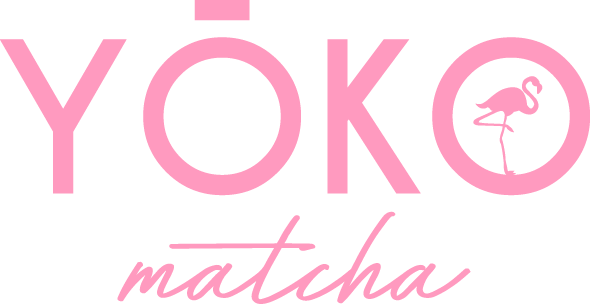Incorporating matcha tea into your daily routine during pregnancy can be a delightful and healthful choice. In this comprehensive guide, we'll explore the various aspects of consuming matcha while pregnant, addressing common concerns and providing valuable insights to help you make informed decisions.
Is Matcha Tea Safe During Pregnancy?
One of the primary concerns expectant mothers have is whether organic daily matcha tea is safe to consume during pregnancy. Rest assured, when enjoyed in moderation, matcha tea can offer several benefits without posing any significant risks to you or your baby.

Understanding Caffeine Content
Caffeine, a common concern during pregnancy, is present in matcha tea but in relatively lower amounts compared to coffee.
L-Theanine, an amino acid found in matcha tea, contributes to its unique composition. It has a calming effect, potentially helping pregnant women manage stress and anxiety. Although the caffeine content in matcha is lower than that in coffee, pregnant women should still be mindful of their overall caffeine intake from various sources.

Rich in Antioxidants
Matcha tea is renowned for its exceptional nutritional content. It's loaded with essential vitamins, including vitamin A, C, K, and various B-complex vitamins.
These vitamins play important roles in supporting the immune system, vision, bone health, and cell development.
Additionally, matcha tea contains an abundance of minerals such as potassium, calcium, and iron. These minerals are essential for maintaining healthy blood pressure, building strong bones, and ensuring adequate oxygenation in both the mother's and baby's bodies.
Antioxidants, particularly epigallocatechin gallate (EGCG), found in matcha tea, are potent compounds known for their ability to combat oxidative stress and reduce the risk of chronic diseases.
During pregnancy, the presence of antioxidants is crucial as it helps in minimizing cellular damage and supports the well-being of the mother and her unborn child.

Boosting Metabolism and Energy Levels
Pregnancy often brings fatigue and an increased demand for energy. The modest caffeine content in matcha tea can provide a gentle energy lift, which may be beneficial for pregnant women experiencing tiredness.
Additionally, the catechins present in matcha might aid in the regulation of metabolism, potentially supporting the body's natural processes during pregnancy.
Despite the potential health benefits, caution is advised when considering matcha tea during pregnancy due to its caffeine content.
Excessive caffeine intake can lead to complications such as low birth weight, preterm birth, and miscarriage. It's crucial to monitor and limit the overall caffeine consumption, including that from matcha tea.

Nutritional Value of Matcha Tea
To better understand the advantages of consuming matcha during pregnancy, let's delve into its nutritional profile.
Rich in Vitamins and Minerals
Matcha is packed with essential vitamins and minerals, including vitamin C, vitamin A, potassium, and iron. These nutrients are vital for the overall health and development of both you and your baby.
Folate for Neural Tube Development
Folate is a crucial nutrient during pregnancy, as it aids in the development of the baby's neural tube. Matcha contains folate, which can contribute to the prevention of neural tube defects.
Anti-Inflammatory Properties
The catechins in matcha tea have anti-inflammatory properties, which can be beneficial for pregnant women, as inflammation is often associated with various pregnancy discomforts.
Managing Caffeine Intake
While moderate matcha consumption can be safe during pregnancy, it's important to keep an eye on your caffeine intake from all sources, including tea, coffee, and soft drinks.
The American College of Obstetricians and Gynecologists recommends that pregnant women limit their daily caffeine intake to about 200 milligrams.
How to Safely Enjoy Matcha During Pregnancy
To ensure you're getting the most out of matcha while safeguarding your health and that of your baby, consider the following tips:
-
Choose High-Quality Matcha: Opt for high-quality, organic matcha tea to ensure you're receiving the full range of nutritional benefits.
-
Limit Consumption: Stick to one or two cups of matcha per day to stay within the safe caffeine limits.
-
Avoid Sugary Additions: Refrain from adding excessive sugar to your matcha. You can sweeten it naturally with a touch of honey or agave syrup.
-
Stay Hydrated: Remember that while matcha can be a part of your daily routine, it's essential to stay hydrated with water as well.

Conclusion
In conclusion, matcha tea can be a wonderful addition to your pregnancy journey. Its moderate caffeine content, rich nutritional profile, and antioxidant properties make it a safe and beneficial choice for expectant mothers.
As always, it's wise to consult with your healthcare provider before making any significant dietary changes during pregnancy. By following the suggested guidelines and consuming matcha in moderation, you can enjoy its numerous health benefits without compromising the well-being of you and your baby.
For further guidance and support during your pregnancy, be sure to consult with your healthcare professional.



